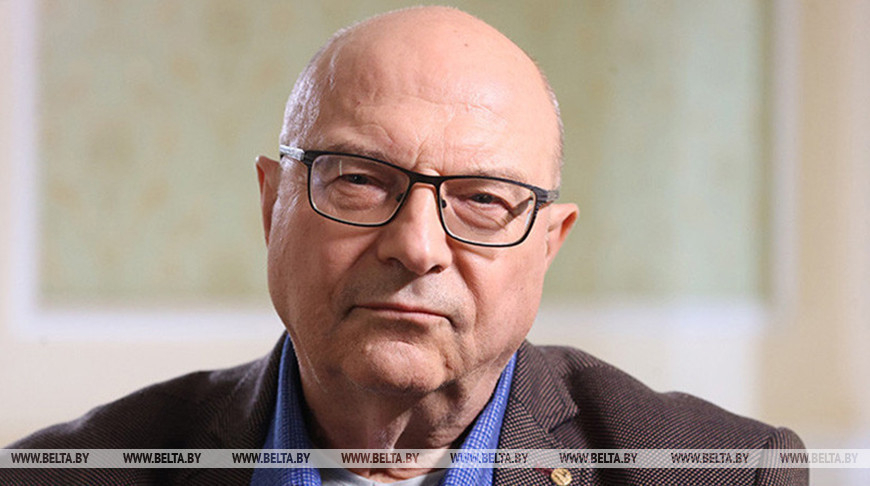
Aleksandr Alesin
MINSK, 5 April (BelTA) – Belarus kept honoring provisions of the Conventional Armed Forces in Europe Treaty (CFE Treaty) as long as the neighboring countries did the same. The independent military analyst Aleksandr Alesin made the statement as he commented on the Belarus president’s decision to agree to bringing the bill on suspending Belarus’ participation in the Conventional Armed Forces in Europe Treaty into the lower chamber of the Belarusian parliament, BelTA has learned.
Aleksandr Alesin said: “The thing is the Conventional Armed Forces in Europe Treaty was signed at the peak of perestroika, rearmament, and de-escalation. Back then everyone trusted each other and swore an oath they will not pursue hostile military activities against each other. Confidence-building measures were put in place: weapon stocks of all the countries on the European geographical continent were capped.”
According to the analyst, the former Soviet Union made the greatest concessions after signing the Conventional Armed Forces in Europe Treaty. “The Soviet Union kept most of the weapons and army units in the European part. Including the northern army group in Poland, the southern army group in Hungary, and the Belarusian Special Military District which was one of the Soviet Union’s strongest. After undertaking the [CFE Treaty] commitments, the USSR did a simple thing: everything above the specified caps was simply removed and dumped beyond the Urals. It happened at the end of the Soviet Union,” he said.
Aleksandr Alesin remarked that Belarus also had to reduce a certain number of armaments: “Primarily main battle tanks, combat helicopters, combat aircraft, and artillery systems with the caliber in excess of 100mm.”
Apart from that, the Conventional Armed Forces in Europe Treaty introduced restrictions on the number of troops that can take part in military exercises in the European region, the analyst added. Parties to the treaty were supposed to notify each other about military exercises and invite observers. “These measures were described as confidence-building. Parties to the treaty also had the right to arrange unscheduled inspections by choosing any army unit at random,” he stated.
Aleksandr Alesin pointed out that these measures were observed until Russia-NATO relations soared. “I should say that the NATO bloc came up with this initiative. NATO countries started periodically violating their commitments by using more and more military personnel and military hardware. They also kind of cheated: instead of one military exercise they would stage three in different locations simultaneously or consequently. The sum of all these exercises exceeded the caps specified by the Conventional Armed Forces in Europe Treaty. Russia repeatedly protested against it but the West stopped heeding Russia’s opinion. So Russia got rid of the CFE Treaty limitations,” the analyst noted.
As for Belarus, it continued honoring CFE Treaty provisions because the neighboring countries did the same albeit formally. “Belarus did not withdraw from these agreements and did not put them on hold. But when they [Poland and the Baltic states] ventured too far and started holding military exercises in excess of the numbers specified by the Conventional Armed Forces in Europe Treaty, Belarus issued a warning that it might suspend the treaty. When Poles withdrew from these agreements, there was no point in honoring them anymore. Because practically all our neighbors had withdrawn from this treaty. And Belarus could not be the only country [to honor the CFE Treaty] when every neighbor doesn’t care about the treaty,” Aleksandr Alesin stressed.
The military analyst also commented on mass media reports about Türkiye’s plans to withdraw from the Conventional Armed Forces in Europe Treaty on 8 April. “Türkiye has a number of problems both with Kurdistan and with Syria. I think Türkiye is withdrawing from the treaty because of that. Besides, tensions in the Middle East have flared up, including in relations with Israel. Türkiye is not taking any military or military technology measures against Israel for now but Erdogan has made a number of high-profile statements. It is being done in the interests of national security although every nation has its own,” Aleksandr Alesin concluded.











